Resolution #445
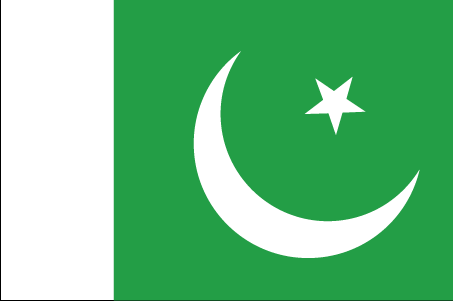 |
The question of implementing the Literacy for Empowerment and Transformation report. |
| Committee: SOCHUM | |
| Main Submitter: Pakistan | |
| Submitted: 14/02/2025 22:40 |
| Status |
|---|
| Passed cosubmitter sheet validation |
| Approved by approval panel |
| Selected for debate by secretariat |
| Passed by committee (SOCHUM) |
Committee Voting
| For: | 51 |
| Against: | 2 |
| Abstentions: | 3 |
Options
Co-submitters
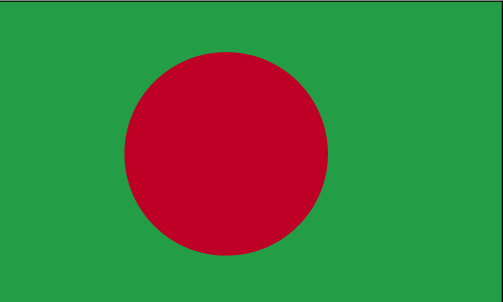 | Bangladesh |
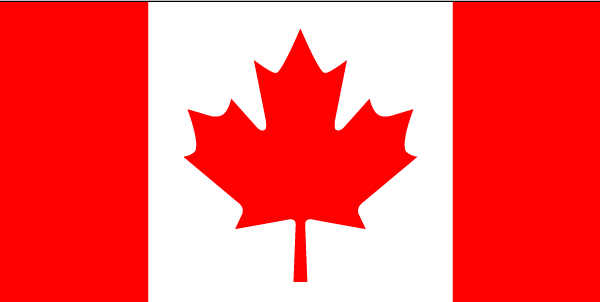 | Canada |
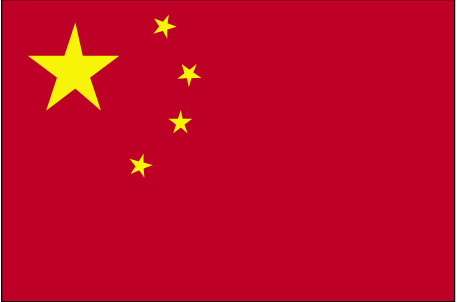 | China |
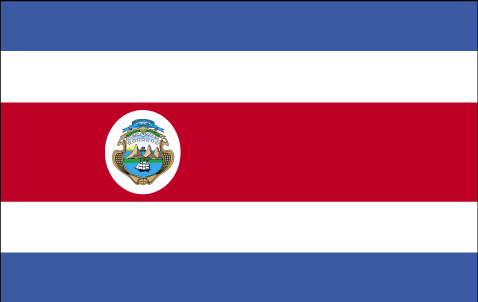 | Costa Rica |
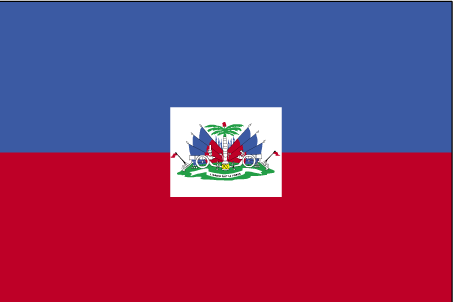 | Haiti |
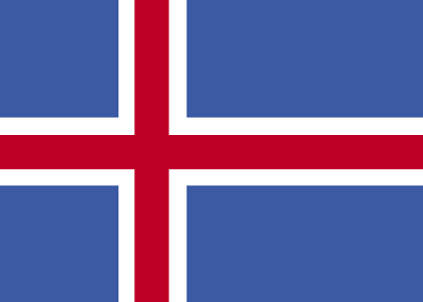 | Iceland |
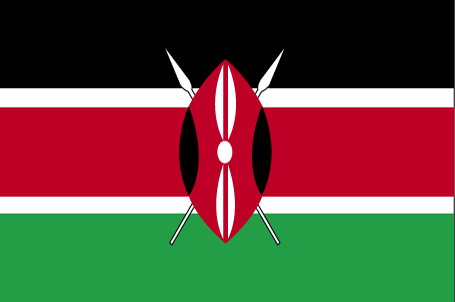 | Kenya |
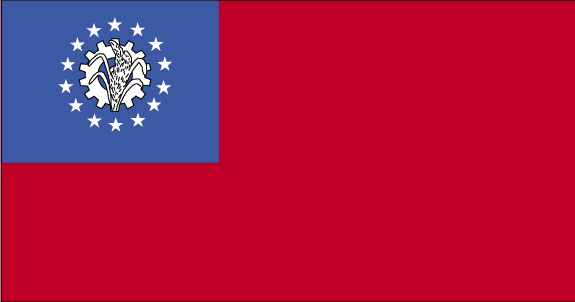 | Myanmar |
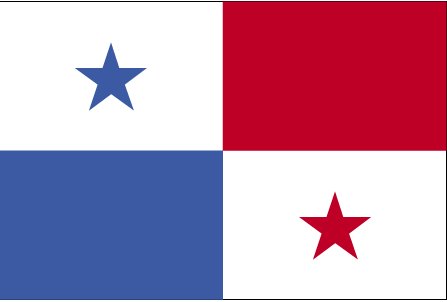 | Panama |
 | Ukraine |
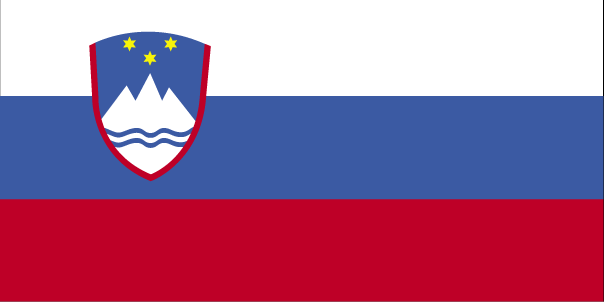 | Slovenia |
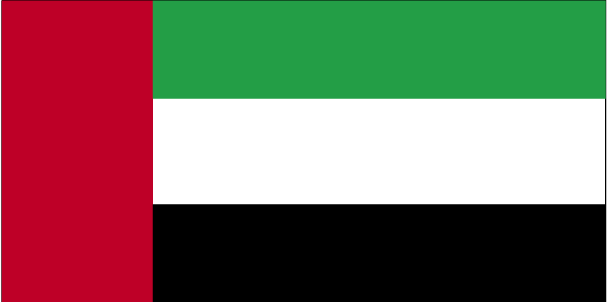 | United Arab Emirates |
Resolution
FORUM: Social, Humanitarian and Cultural Committee
QUESTION OF: Implementing the Literacy for Empowerment and Transformation report
SUBMITTED BY: The Islamic Republic of Pakistan
CO-SUBMITTED By: Bangladesh, Canada, China, Costa Rica, Haiti, Iceland, Kenya, Myanmar, Panama, Portugal, Slovenia, UAE, Ukraine
THE SOCIAL, HUMANITARIAN AND CULTURAL COMMITTEE,
Recognising the challenges and findings outlined in the United Nations Secretary-General’s (UNSC) Literacy for Empowerment and Transformation report, which emphasizing the role of literacy in sustainable development and personal empowerment,
Affirming article 26 of the Universal Declaration of Human Rights which reads, “Everyone has the right to education […] elementary education shall be compulsory,” and Sustainable Development Goal (SDG) 4, Quality Education, to ensure inclusive and equitable quality education and to promote lifelong learning opportunities for all,
Guided by the 2030 Agenda for Sustainable Development, and the “UNESCO Strategy for Youth and Adult Literacy and its Action Plan (2020-2025)”,
Cognizant that over 750 million adults lack minimum literacy skills as well as of the significant disparities in literacy rates, particularly among marginalized groups, including women, rural populations, and socio-economically disadvantaged communities,
1. Invites the United Nations Educational, Scientific and Cultural Organization (UNESCO), as the specialized United Nations Agency for Education, alongside the UNDP, UNHCR, UNICEF and other relevant bodies, to do the following:
a. oversee the Education 2030 agenda, in particular the Education 2030 Incheon Declaration and Framework for Action, such as:
i. emphasizing equity, inclusion and gender equality in education settings
ii. promoting lifelong learning
iii. the further strengthening of policies, plans, legislation and systems to promote the right to education;
b. Working in conjunction with the UNICEF Education in Emergencies program (EIE) to develop literacy programs for those in refugee camps and demilitarised or conflict zones in order to provide adequate education to all individuals and develop either temporary or permanent educational infrastructure through measures such as but not limited to;
i. Encouraging the establishment of emergency literacy programs in crisis affected regions using methods involving the deployment of mobile learning centres and emergency learning kits
ii. Coordinating efforts with the Office for the Coordination of Humanitarian Affairs (OCHA) and the UNSC in order to try and ensure the safety of these individuals and the security of any educational infrastructure developed;
c. assist nations in creating inclusive policies that promote education for all, by facilitating international cooperation and dialogue on literacy issues;
2. Calls for the recognition of a high standard of literacy as an integral part of the right to education, through measures such as but not limited to:
a. the addition of: “everyone has the right to be able to read and write at a high standard” to article 26 of the UN Declaration of Human Rights, to ensure that practices striving to increase literacy rates are at the forefront of national development strategies, legal frameworks, national education curricula and lifelong learning policies, as well as alternative pathways in less economically developed member nations, ultimately to ensure the long term commitment of all member states towards this goal;
b. encouraging the development of international literacy benchmarks that assess and define a "high standard" of literacy, ensuring global consistency in literacy education;
3. Requests member states to work collaboratively with each other in order to establish a centralized global literacy database for the purpose of:
a. compiling research on teaching strategies, for the continuous improvement of policies and curricula in relation to literacy
b. provision of learning techniques and supports to educators globally, to foster the professional development of literacy providers and educators to enhance the quality and relevance of education provision
c. data management of statistical information on literacy rates compiled;
4. Strongly urges MEDCs to provide support to LEDCs for the development and implementation of innovative and more effective literacy programs, with an emphasis on:
a. providing incentives for MEDCs to:
i. offer tax credits or reductions for corporations involved in providing aid, such as investing in infrastructure like schools or learning centres and volunteering their expertise
ii. reducing or eliminating tariffs on goods exported by LEDCs to MEDCs, thereby strengthening economic resilience in vulnerable regions, such as investing in infrastructure such as schools or learning centres, volunteering expertise, and the provision of funding
iii. creating a global fund matching system, where financial contributions made by MEDCs are matched by international financial institutions
b. the enhancement of educational infrastructure in LEDCs by:
i. urging all member nations to work in conjunction with local governments and councils, to ensure advances in access to medias in LEDCs, through funding the construction of learning places such as schools, learning centres and libraries
ii. the creation of a United Nations Literacy Empowerment Fund (UNLEF) providing financial assistance and expert advice to LEDCs for the development and implementation of more effective literacy programs;
5. Requests for the UNESCO education Sector to work alongside member nations in the development of a literacy programme, to be named the Literacy for Education and Access Programme (LEAP), with goals to do the following:
a. improve education programmes and curricula in member nations with low literacy, through the distribution of resources and schemes to keep students in school, ensuring effectiveness
b. use and develop technology to boost literacy through mobile learning, digital programs, online libraries, and virtual training, particularly in refugee camps
c. promote community-based literacy initiatives by partnering with local organizations and educators to provide accessible, culturally relevant learning materials and support systems for students of all ages;
6. Requests the creation of a mass media campaign to be overseen by the UNESCO Education Sector directly aimed at the governments and populations of member nations:
a. to ensure coordinated and sustained collective support, advocacy and knowledge management
b. through forums such as the UNESCO Global Network of Learning Cities, The Global Alliance for Literacy and events such as International Literacy Day;
7. Encourages the creation of a biannual conference for all member nations, in Geneva Switzerland, for the purpose of discussing the following;
a. the transparent review of the use of funds and aid, evaluating the efficiency and fairness of the allocation of resources
b. the continuous improvement of policies and curricula in relation to literacy
c. the implementation and review of a milestone-based approach to the tracking of improvements to literacy rates in member states, tailored to each state based on; current literacy rates, the access to and standard of education, and the nation's level of economic development, milestones decided by UNESCO's Education Sector.
ii) On/nearby transport routes/trainlines that provide access to the areas of schools/colleges.
F. Subsidizing the costs associated with schools for EPAEDY and in LEDCs and area of socio-economic depravity through means such as but not limited to:
i. The salaries of teachers in education systems,
ii. Relevant educational equipment including books and stationery,
iii. The creation of electricity and internet services to the schools,